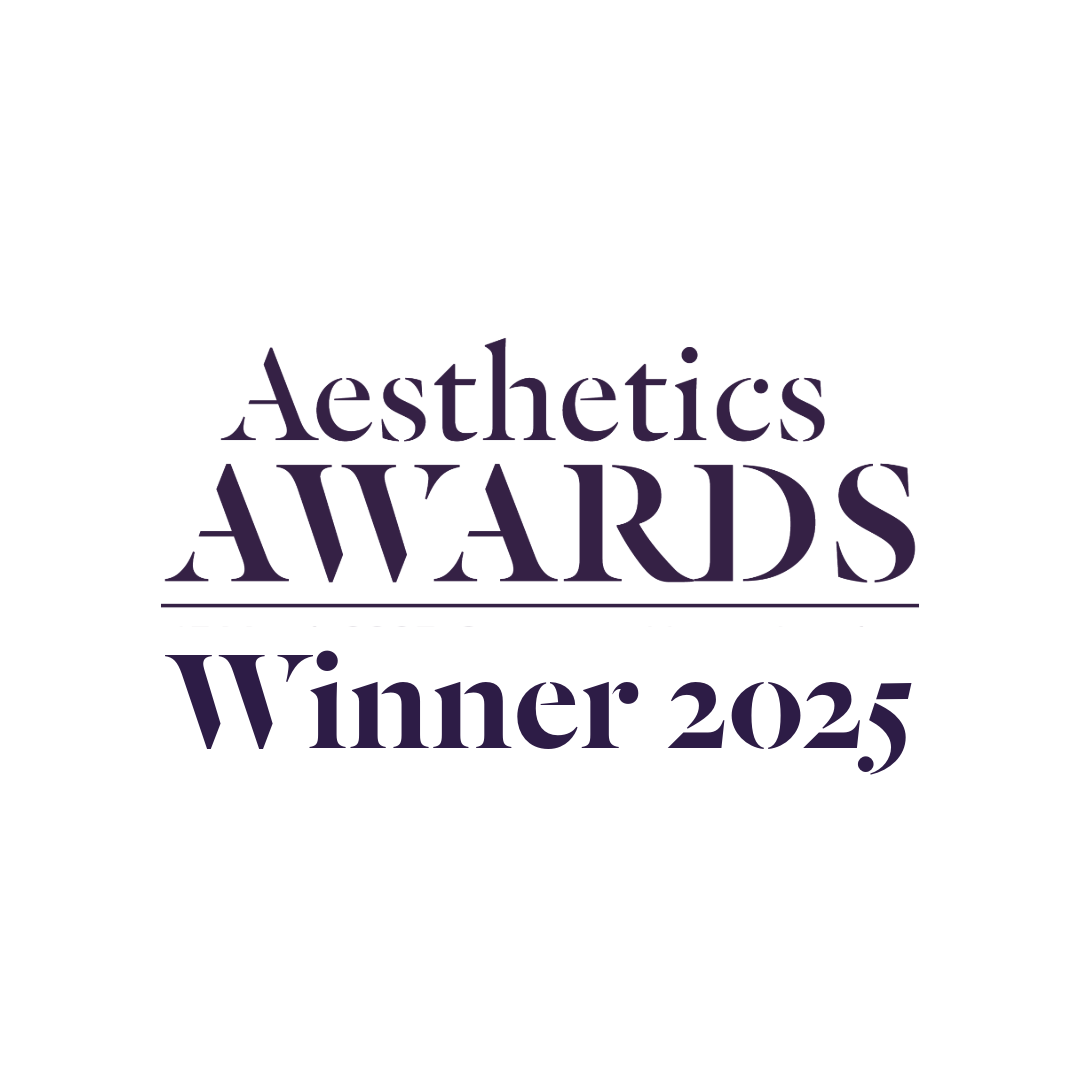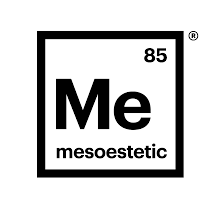Ceart in Administration? Please Advise
As you may be aware by now, the specialist healthcare insurance broker Ceart Risk Services has gone into administration.
If you do have a policy with Ceart, it is best to try to contact them to find out your options as, technically, you should be OK if already covered.
Hamilton Fraser Insurance help worried Medical Aesthetic delegates
According to reports, however, they are not responding to many enquiries via telephone or email. For many confused and anxious medical aesthetic delegates, alternative cosmetic insurers Hamilton Fraser Cosmetic Insurance have stepped in to offer advice and support; even for those who are not currently insured with them.
Hamilton Fraser ran a live Questions and Answers session on their Facebook page this Tuesday 7th February to deal with the unusually high level of enquiries and concerns. Many of the answers can now be seen posted on their page.
Cosmetic Insurance at Cosmetic Courses
At Cosmetic Courses medical aesthetic training, we have always chosen Hamilton Fraser as our principal insurance company, displaying the logo on our homepage and recommending them to our delegates when they ask us who to turn to for their own business insurance.
We are very proud to be one of only 4 recognised Hamilton Fraser Partner Courses (you can identify these by the gold ‘training course partner’ badges as featured on our site which differs from the standard Hamilton Fraser recognised training course icons).
What does this mean?
- Well, the biggest bonus for you is that all our delegates receive 10% discount during their 1st year of insurance with Hamilton Fraser…something that only these special Training Course Partners can offer!
- You can also find us right at the top of the recommended course listings on the Hamilton Fraser website (for London, Buckinghamshire and Northampton)
- And read regular articles about us in the Cosmetic Insurance News Letter
- Like all Hamilton Fraser recognised training courses, Cosmetic Courses’ membership means that our delegates receive Risk Management support and information leaflets, presentations and advice.
It is this kind of unconditional support which we know medical aesthetic delegates are really valuing at the moment, with uncertainty over Ceart and increased scrutiny of the industry in general. It’s good to know that there is an insurance company we can rely on, who recognizes Cosmetic Courses’ high standards too!
For any further questions about your cosmetic insurance or medical aesthetic training in general, please do not hesitate to call us on 0845 230 4110.

 Facebook page,
Facebook page, 








